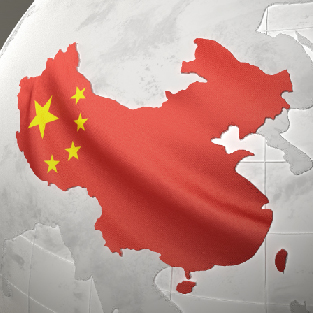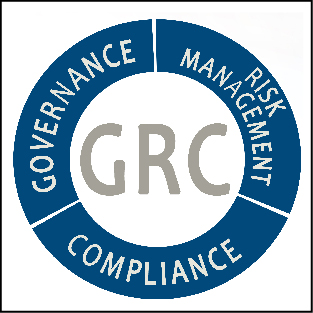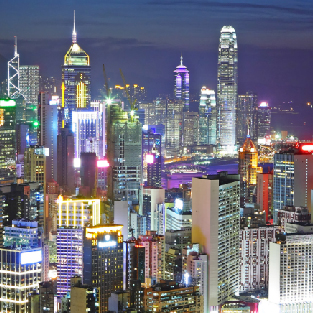Moving Towards Invisible Banking

The online flipbook version of Banking Today is available for HKIB Members, and the Cover Story is now open for public reading.
Read Cover Story here and full journal via Members' Login.
For Non-Members, please continue reading by joining HKIB Membership or subscribing to Banking Today.
| Issue #105 (Mar - Apr 2019) |
   |
Cover Story
Moving Towards Invisible Banking
Banking has evolved from internet banking, mobile banking, to pervasive and invisible banking today. Fintech, while being an essential element in the history of banking, has continued played a great role in facilitating the technology transformation in banking. With Artificial Intelligence, Blockchain, Cloud and Digital (also referred as Big Data), the four technological elements connect and the combination of ABCD has enabled banks to transform into pure banking services, moving the operations behind the scene. Undoubtedly, technology is a core thruster for achieving financial inclusion.
|
  |
Thought Leader
Embracing Transformation
Ms Angel NG, Chief Executive Officer of Citi Hong Kong and Macau, speaks with Banking Today about Citi’s approach to the transforming environment in Hong Kong’s banking industry and how she is embracing the transformation, leading Citi to thrive in the new banking landscape. Cooperation, agile mindset and talents development are all crucial for banks to stay relevant and competitive in the banking industry.
|
 |
China World
New Development Landscape for Smart Cities in 10 Years
The rapid development of cloud computing, big data, Internet of Things and artificial intelligence in recent years has accelerated development in Smart Cities. Numerous enterprises in Mainland China have become involved in the smart city sector through their own technical and operational foundations. Mainland China and Hong Kong can learn from each other and draw from each other’s strengths, including resources sharing such as data, talent and capital, enabling the smart cities cluster in Mainland China to stand ground in the global landscape. On a basis of cooperation, utilising its advantages as an International Financial Centre, Hong Kong can become one of the foremost smart cities in the region.
|
 |
Fintech
Hong Kong’s Regtech a Growth Driver Amid a Rapidly Changing Regulatory Landscape
Hong Kong is one of the few places in the world where it is possible to attract Fintech companies from both the East and West, bringing together often disparate sets of regulation and behaviour from the respective markets and thus, has a special role to play in the development of Regtech (Regulatory Technology). Regtech represents technological solutions that can address both international standards and local industry regulatory requirements, and Hong Kong is well-positioned to become a Regtech hub where banks and Fintech firms join forces to create the right Regtech solutions.
|
 |
Knowledge Plus
Banking is a Business of Trust
Trust is central to the integrity of any financial system. Legal tender are trusted to have the ability to exchange goods and services, and banks are trusted that the deposit made can be withdrawn at any time. However, trust can be lost as a result of scandals, individual, institutional and/or governmental failures, or misconduct. Banks and financial institutions in Hong Kong should be vigilant regarding potential instances of misconduct to prevent a harming of customers’ trust.
|
 |
GRC Corner
A New Asset Class? New Approach to Virtual Assets in Hong Kong Brings New Opportunities
Hong Kong is taking pragmatic steps to bringing virtual assets into the fold. The Securities and Futures Commission announced a new approach to virtual assets on 1 November 2018, which paves the way for a far more robust virtual asset industry in Hong Kong. The framework under the new approach creates an opportunity to participate in regulated markets for the emerging product class of “security tokens” (securities utilising blockchain technology), as well as other tokenised financial instruments.
|
 |
Talk Around Town
Interconnectivity
On 23 September 2018, Hong Kong’s highly anticipated cross border high-speed rail link commenced operations and opened to the public after eight years of planning and construction. One month later, the Hong Kong-Macau-Zhuhai Bridge commenced operation. The two flagship constructions together increase interconnectivity between Mainland China and Hong Kong that will in turn boost trade and economic development. As the Greater Bay Area’s infrastructure improves, so must Hong Kong’s capacity to host an increased number of visitors in order to maintain harmony and the quality of life of residents, while leveraging its strengths in providing high-value services.
|













